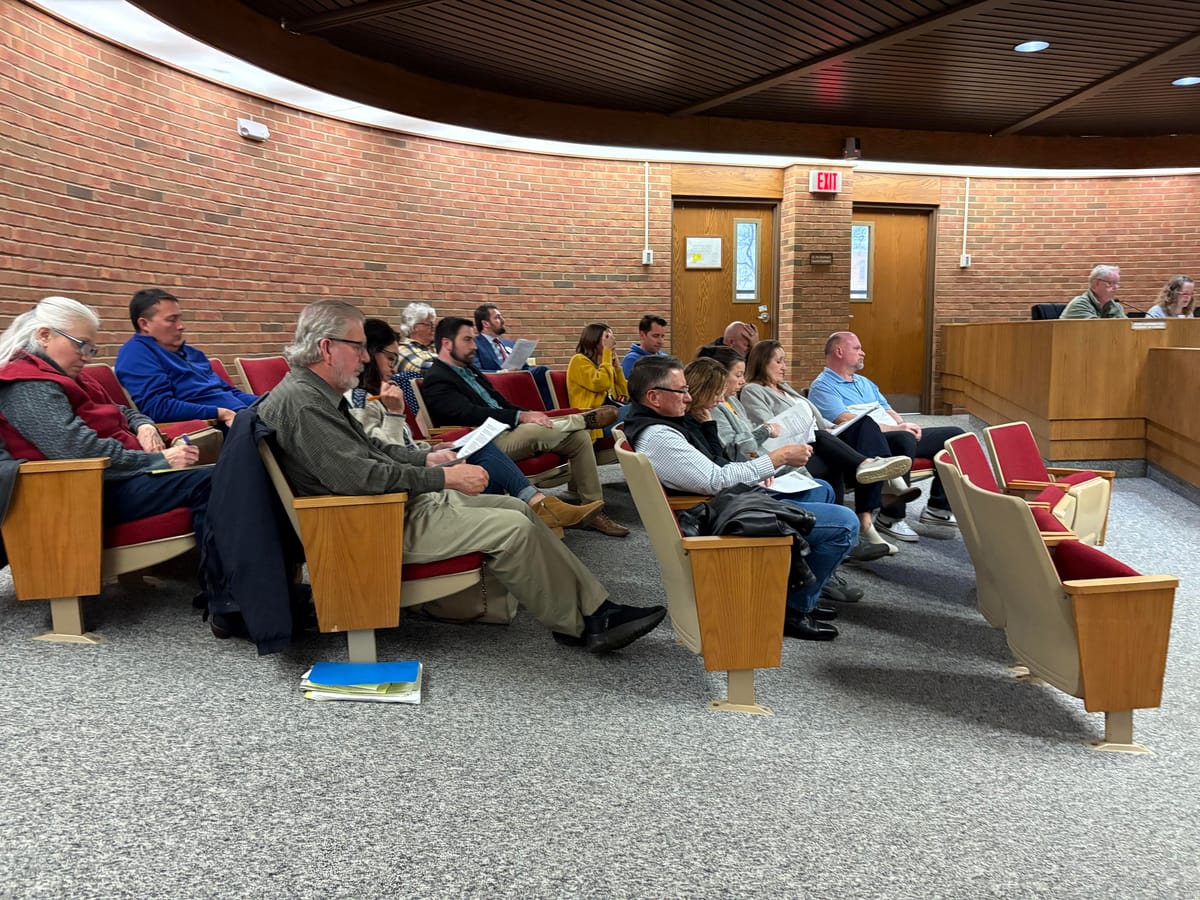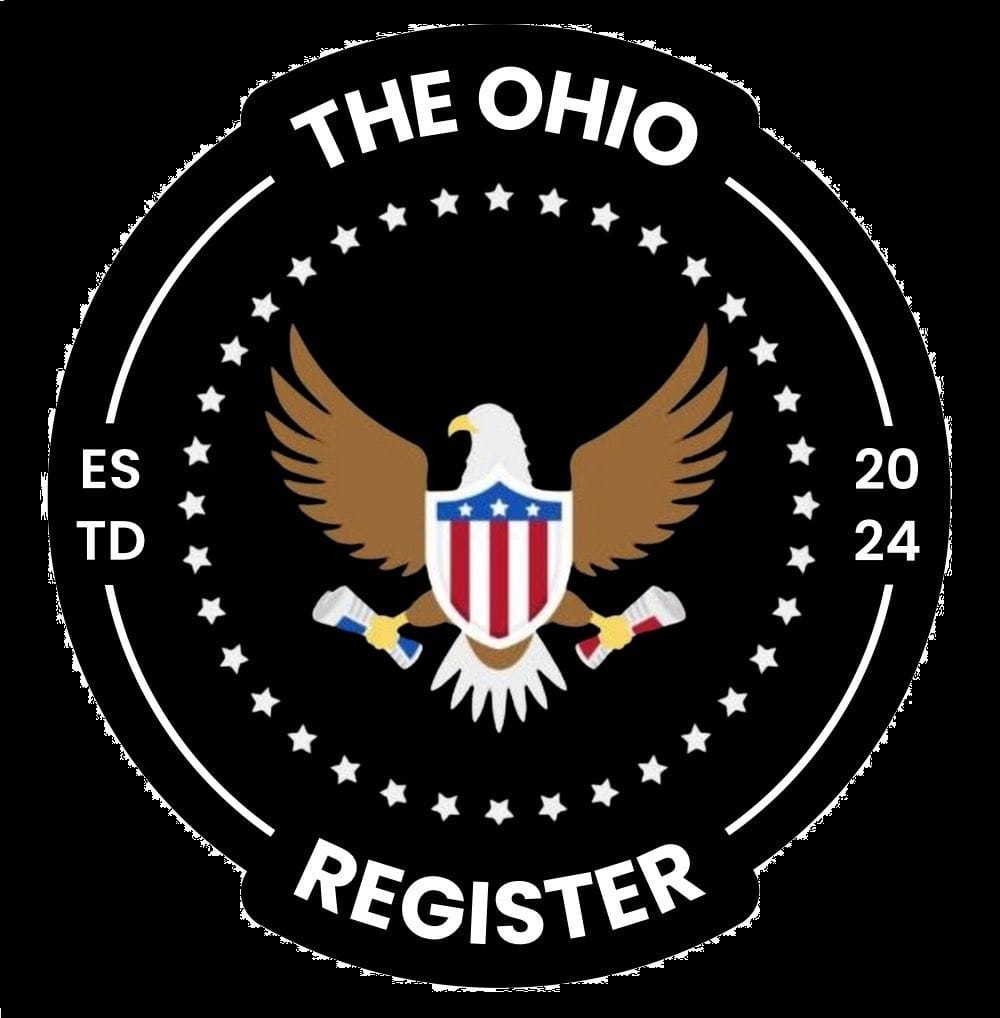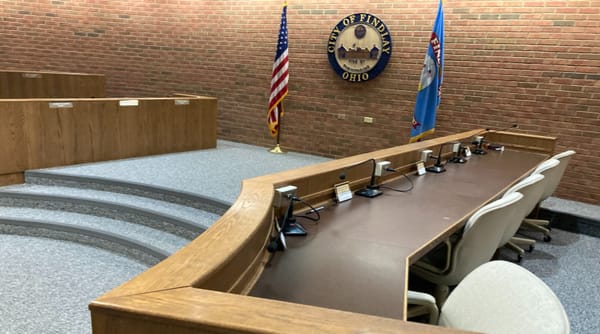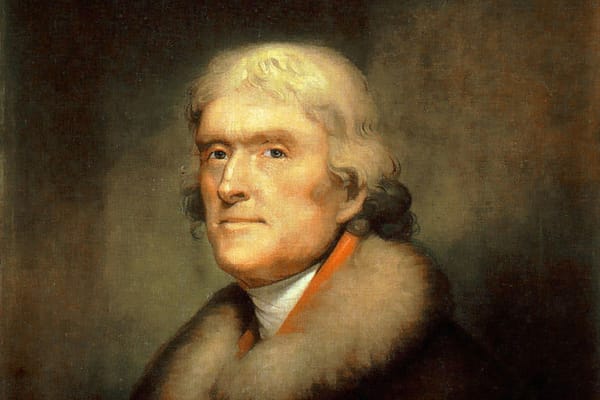Findlay City Council Candidates Deflect City Business

FINDLAY - In just two weeks, Findlay voters will have to make the choice between Republican candidates for city wards and at-large candidates. While some influential residents have tried to pull candidates off their message to address Findlay school spending difficulties, other candidates have marched forward in their campaigns to address what some refer to as out-of-touch proposals by the City of Findlay Administration and current council members.
In March, A letter circulated by some Findlay elites made its way to social media. The letter identified candidates who were “nurtured,” “developed” and financed by this elitist group, who favor the plans of Ohio Economic Development, Hancock County Economic Development and supported by the current Findlay administration, Mayor Christina Muryn, and the lame duck city council members.
It appears that lines have been drawn between the Republican candidates. Candidates mentioned in the elitist letter, Brody Yingling, Heather Kenzinger, L.Reed Needles, and Rodney Phillips, have been seen at functions, gathering as a group while individual grassroots candidates remain independent of each other at most functions.
Opportunities for speaking engagements and newspaper articles have netted some interesting results. Some candidates have chosen not to engage or participate in the opportunities to connect with voters. Candidates Carol Smith and BJ Preston have chosen not to participate in most candidate opportunities due to personal or scheduling conflicts, leaving voters with little information to rely on in their decision to choose between Republican representatives.
Demonstrating the differences between each contested candidate will be the key to voters’ decisions on May 6. The difference can be blurry when all candidates seem to favor fiscal responsibility and safe neighborhoods. Some candidates have chosen to aim their campaigns at city issues, such as the planned $40 million park and rushed legislation in downtown Findlay. Others have chosen to avoid city business and focus on their personal opinions about a 1% income tax levy that has been placed on the ballot by Findlay City Schools. Some city council candidates have voiced their opposition to drawing eyes away from city business. Alternatively, some want the public to focus on school business where city council members do not have any influence on school budgeting. Instead an emotional plea to help pass the income tax, has been their focus.
At the April 15 City Council meeting, five city council members signed a letter suggesting a resolution in support of the Findlay City Schools 1% Income tax levy. This is the same tax proposal that failed in the November 2024 general election. City council candidate Randy Otermat spoke in opposition to the resolution.
“I do not feel that the city council should take a position on the school tax,” Otermat said. “Am I for the city schools? Absolutely. Do I feel that it should be endorsed by the council? No. I wonder if you would be taking this same stance if you had to face the voters in three weeks. To me, it is outside of your realm. Everyone will agree that good schools are vital to a community's success, but spending more does not equal better, and the voters of this district will have to decide whether or not this is the way to achieve that success."
On her campaign Facebook page, Patricia Klein for Findlay City Council, Ward 3 candidate, touting her long term presence at Findlay city Council meetings, said the following:
“I am the only Ward 3 candidate that has attended city council meetings for the last 2 years? Individuals are still trying to take public eyes off of the failing and unpopular Findlay city administrative spending choices. Sound financial choices should be made whether it is for the city or our schools. As a City Council member, my job will be to make fiscally responsible choices for our city. I do not get a vote on how Findlay Schools spend their money. Those choices are made by their administration and the FCS School Board.”
Early absentee voting began on April 8 for this primary election. May 6 is voting day for Ohio voters.




